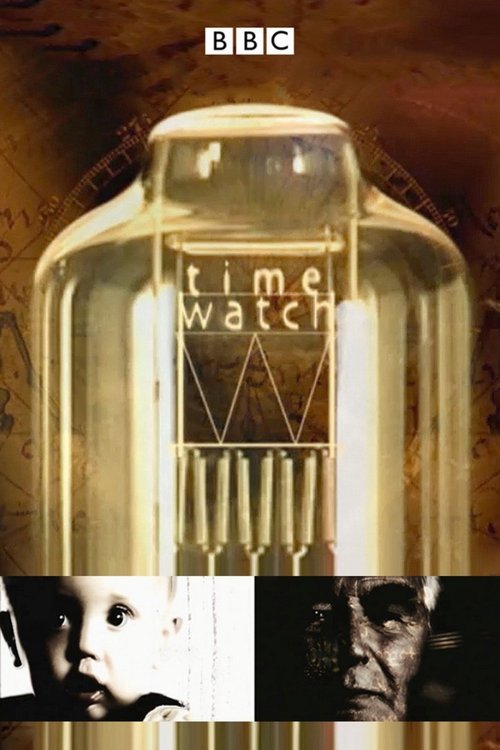
1: Savagery and the American Indian: 1: Wilderness
Jan 23, 1991
Historians and archaeologists have started to reassess some of the ingrained myths of American history. American Indians lived in sophisticated societies, and many more died as a result of the European settlement of North America than has so far been imagined. Andrew Sachs narrates the story of how Puritan prejudices helped to generate false views of Indians.

